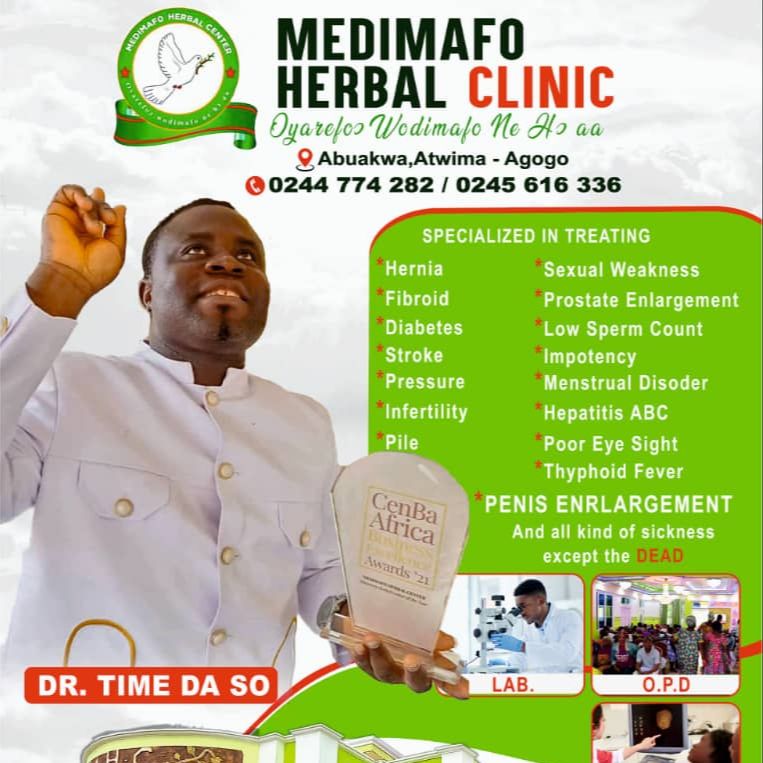Introduction
Music has been an integral part of human culture for thousands of years, offering a powerful means of expression, communication, and emotional release. In recent decades, researchers and clinicians have harnessed the power of music in a therapeutic context, giving rise to the growing field of music therapy. Music therapy is a clinical, evidence-based practice that uses music interventions to achieve individualized goals within a therapeutic relationship. It has proven to be effective in treating a variety of physical, emotional, cognitive, and social needs.
What is Music Therapy?
Music therapy is administered by trained and certified professionals—music therapists—who design personalized sessions based on a client’s specific needs. These sessions may involve listening to music, creating music, singing, moving to music, or discussing lyrics. The goal is to enhance the patient’s health and quality of life through musical engagement.
The American Music Therapy Association (AMTA) defines music therapy as “the clinical and evidence-based use of music interventions to accomplish individualized goals within a therapeutic relationship by a credentialed professional.”
How Music Therapy Works
Music affects the brain in profound ways. It can trigger the release of dopamine (a pleasure-related neurotransmitter), reduce cortisol (a stress hormone), and activate brain areas related to memory, emotion, and movement. Because of these effects, music therapy is used in various settings, including hospitals, schools, nursing homes, mental health clinics, and rehabilitation centers.
Common techniques include:
- Improvisation – creating music spontaneously to express emotions.
- Receptive listening – listening to recorded or live music to promote relaxation or memory recall.
- Songwriting – composing lyrics and melodies to articulate feelings or tell stories.
- Lyric analysis – discussing the meanings and emotions in song lyrics.
- Movement to music – combining physical movement with rhythm to improve motor skills.
Benefits of Music Therapy
Music therapy has demonstrated a wide range of benefits, including:
- Emotional well-being: Helps reduce anxiety, depression, and stress.
- Cognitive improvement: Aids memory and attention, particularly in patients with Alzheimer’s or dementia.
- Physical rehabilitation: Enhances motor skills and coordination, often used in stroke recovery or with Parkinson’s disease.
- Pain management: Decreases perception of pain and reduces the need for pain medication.
- Social skills development: Improves communication and interaction, especially useful in children with autism.
Who Can Benefit from Music Therapy?
Music therapy is versatile and adaptable, making it suitable for people of all ages and abilities. Populations who may benefit include:
- Individuals with mental health disorders such as depression, anxiety, PTSD.
- Patients recovering from traumatic brain injury or stroke.
- Children and adults with autism spectrum disorder or other developmental disorders.
- The elderly, especially those with Alzheimer’s disease or other dementias.
- Patients in palliative care or chronic pain management settings.
- People dealing with substance abuse or grief and loss.
Conclusion
Music therapy is more than just listening to soothing tunes—it is a structured, science-backed approach to healing that taps into the deep connections between music, mind, and body. Whether used to calm anxiety, improve physical function, or support emotional expression, music therapy offers a dynamic and engaging way to support health and well-being.
As research continues to uncover the many benefits of music therapy, its role in modern healthcare is likely to expand, bringing the healing power of sound to even more people around the world.
Written and compiled by;
DAVID KODJO OTCHERE
CEO @PEDALPOINT MUSIC INSTITUTE
About the writer:
David Otchere is an avid professional musician with over 27 years of implementing and administering complex music tasks, he has consistently demonstrated an in-depth understanding of what he carries in all aspects of his carrier.
From a family of musicians, David started his musical carrier at a very young age as a church drummer and later found himself as a keyboard player. His love for music has been the breeding ground for his unique style and creativity on his instrument, with the ability to play different and complex music genres (gospel, jazz, salsa, afro etc..)
He is the founder of Pedalpoint Music Institute which is committed to supporting individuals and groups to unearth their musical talents to full capacity.
The institute has over the years worked with international cooperate organizations like Goethe Institute, Lancaster University, Videx Media, Krif Ghana Limited just to mention a few.
He has also successfully established Piano Hub GH a subsidiary company under the management of Pedalpoint Music Institute whose core business mandate is to educate and promote music education through piano and other music instruments.
As a professional pianist and sound engineer/producer, he has produced, worked and shared stages with both local and international artists. Some of such artistes includes Alvin Slaughter (USA), Donnie McClurkin (USA), Quayba, Isaac Aryee (UK), Klassik Beats (UK), Juanita Bynum (USA), Sonny Badu (UK), Adland Cruiz (USA), Juan Rosario (USA) Rev. Bernard Blessing, Peter Owusu Ansah (GH), Promise Austin (Togo), Mark Opoku (GH), Rev. Isaac Wilberforce (UK), Nimojah Project (UK), Rev. Nana Darko amongst many.










